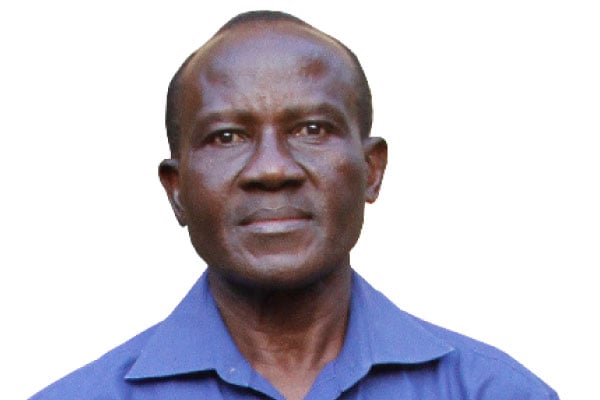Prime
NRM fuels sense of insecurity

Author: Alan Tacca. PHOTO/FILE
What you need to know:
- The West has watched Africa and knows that this is the kind of backdrop from which military coups and rebellions materialise.
During the past year or so, the USA and one or two other Western governments have issued a number of warnings, advising citizens from their countries not to travel to Uganda. They have cited intelligence reports indicating that there could be incidents putting those citizens in harm’s way.
These warnings generally infuriate President Museveni. His response is characteristically vicious, assuring everybody how our security forces are ready to prevent or deal with any threat, not forgetting to remind the West and its ‘unpatriotic’ Ugandan admirers to count the victims of gun violence on American soil.
President Museveni, or ‘Sabalwanyi’, the Paramount Warrior, had foiled many potential attacks. If there was a real threat, Western officials should quietly approach their Ugandan counterparts, or better still the President, and discuss what was to be done. Quietly.
Not issue crazy warnings through the media as if the aim was to frighten off investors and tourists planning to come to Uganda.
That narrative has its merit. We have almost 50 million Ugandans and non-Ugandans who are not dead. The security forces must, therefore, be protecting us. Right?
Well, the vast majority of Somalis, Nigerians, Israelis, Palestinians, New Yorkers and Congolese are also still alive, regardless of the violence around them.
The perception of security or insecurity can, therefore, be highly subjective, and the numbers weirdly misleading.
Part of President Museveni’s problem is that he cannot erase from history the fact (even if it was a false claim) that he started a costly guerrilla war from a pedestal of very high political morality; costly in lives; costly in people’s possessions; costly in trust, in people who believed in his mission.
He was fighting against thugs. His enemies were election thieves; monstrous politicians and their barbaric security forces obsessed with power; entities he later characterised as ‘swine’.
No matter how hard the media hatchet-men and fuzzy-headed intellectuals around him strive, they can neither erase that period of perceived idealism nor successfully paint a picture of a ruler who was always a hard man, and who must be accepted as such.
With this earlier picture of a more admirable NRM/Museveni refusing to leave our collective memory, we watch, with some horror, the perennial political and physical torment of political rivals, and the obstacles stacked in the path of the very idea of change.
The West also watches, disenchanted. Uganda’s ‘new breed’ looks awkwardly old guard, divided between groping for a legacy that is sliding into darkness and fumbling for a hereditary tenure that has little substance.
The West has watched Africa and knows that this is the kind of backdrop from which military coups and rebellions materialise.
At the slightest hint that credible Opposition figures may attract crowds and make speeches, armoured personnel carriers, heavily armed military men and anti-riot police virtually put the city under siege.
So that his waiting supporters may not cheer him, a home coming Robert Kyagulanyi is seized at the airport and forcefully whisked away like a criminal.
Watching these violent NRM antics, with Opposition MPs boycotting Parliament’s plenary over political abductions and disappearances, a foreign observer must be forgiven if to them Uganda looks insecure, and the country expected to erupt any time.
The West perhaps sometimes gets jittery too quickly. It may even have a grain of mischief. But, ultimately, it is up to the NRM establishment to redirect the country to a track where insecurity and terrorist threats are minimised; to a track where sane Ugandans can see a more credible democracy on the move.
Mr Alan Tacca is a novelist, socio-political commentator.
[email protected]


